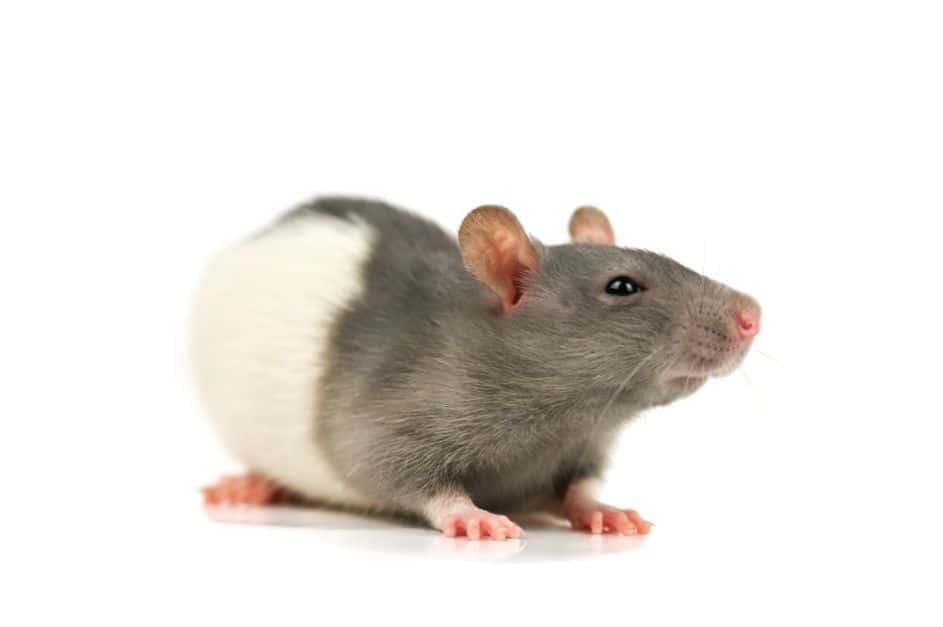Rats are fascinating creatures that make great pets. As a someone who owns pet rats, I have often wondered about their understanding of death and mourning. It is a curious topic that has piqued the interest of many rat owners. In this article, we will explore the question of whether rats understand death and mourning.

Do Rats Understand Death?
Rats are highly intelligent creatures that have a wide range of emotions. They are capable of experiencing fear, joy, anger, and even empathy.
However, their understanding of death is still a subject of debate among experts. While it is clear that rats are aware of the absence of a companion, it is uncertain whether they comprehend the finality of death.
When a rat encounters the death of a companion, they may exhibit behaviors that suggest they recognize the absence of their friend.
They may become more alert, vocalize more frequently, or move around more actively. However, it is unclear whether this is due to their understanding of death or simply a response to the change in their environment.
Do Rats Grieve?
Rats have been observed exhibiting behaviors that suggest they grieve the loss of a companion. Like humans, rats may become depressed, lethargic, and lose interest in activities they once enjoyed.
They may also display behaviors such as avoiding the area where their companion died or seeking comfort from their owners.
While there are similarities between rat and human mourning, there are also differences. For example, while humans may hold funerals or perform rituals to honor their dead, rats do not engage in such activities. Additionally, while humans may mourn for extended periods of time, rats tend to move on more quickly.
Grieving rats may also exhibit changes in their behavior towards other members of their group. They may become more aggressive or withdrawn, or they may seek out new companionship. These changes in behavior can be temporary or long-lasting, depending on the rat’s personality and the circumstances of the death.
Do Rats Recognize Their Dead?
Rats are social animals that live in groups. When a member of their group dies, rats may show signs of recognition and distress. They may sniff or lick the body of the deceased or even try to revive them.
It is unclear whether rats can distinguish between their dead and living companions. However, research suggests that rats can recognize other rats based on their unique scent.
Therefore, it is possible that rats can recognize the scent of a deceased companion and respond accordingly.
Theories on how rats recognize death include the scent of decomposition, changes in the behavior of the deceased, or the absence of movement and breath. Further research is needed to determine exactly how rats recognize death.
Do Rats Learn from Death?
Experiencing the death of a companion can have a significant impact on a rat’s behavior. They may become more cautious, avoid certain areas or behaviors, or become more social. Additionally, rats may learn from the death of a group member, such as avoiding the behavior that led to their companion’s death.
Social learning plays a significant role in death and mourning in rats. Young rats learn social behaviors from their elders, which includes how to respond to death. This social learning allows rats to adapt to changes in their group and environment, including the loss of a companion.
Conclusion
In conclusion, while it is unclear whether rats understand the finality of death, they do exhibit behaviors that suggest they recognize the absence of a companion. Rats also appear to grieve the loss of a companion, exhibiting changes in behavior that can be temporary or long-lasting. Additionally, rats may recognize their dead companions based on their unique scent and learn from the death of group members.
As rat owners, it is important to be aware of the potential impact of death and mourning on our pets. Providing comfort and support to grieving rats can help them through the mourning process. Overall, rats are fascinating creatures with complex social and emotional lives that continue to intrigue scientists and pet owners alike.
Prefer video? We’ve got you covered!
- How Long Do American Eskimo Dogs Live? Important Factors and Care Tips - September 29, 2023
- Do American Bulldogs Need Grooming? Essential Tips and Care Guidelines - September 29, 2023
- Do Bengal Cats Enjoy Playing? Essential Tips for Keeping Them Active - September 29, 2023